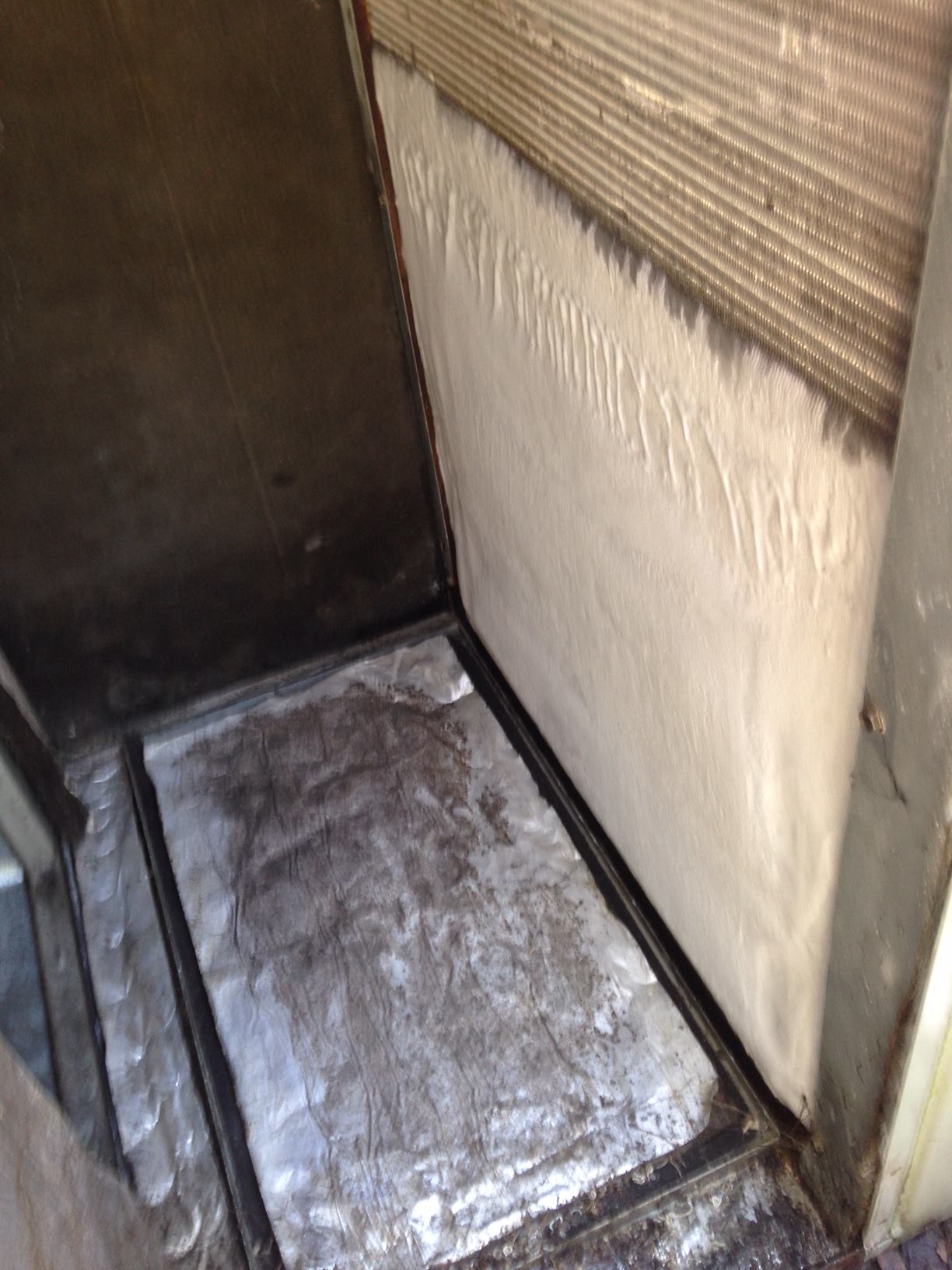
Why is My HVAC Unit Frozen in the Summer?
For your convenience you can listen to the article here:
Have you ever gone out to your HVAC unit in the summer and noticed that is was totally iced over? Don’t worry, we can help.
First things first
If there’s currently ice on your HVAC unit, turn it off and allow it to defrost completely before turning it back on again. Allowing it to continue running while frozen can cause serious damage.
Now that that’s taken care of, let’s talk about the possible reasons why your air conditioner looks like it got a visit from Elsa, and what you should do about it.
See Also: Common Summer HVAC Problems
Low Refrigerant
When ice forms on an air conditioner, what’s generally happened is that the refrigerant in the evaporator coil has dropped below freezing. This causes moisture in the air to condense and freeze on the coils. This may begin as merely a little frost, but it can quickly build into a solid block of ice.
See Also: Refrigerants of the Past, Present and Future
So what causes the refrigerant to get too cold?
Well, it can simply be a result of running your air conditioner when the temperature outside is too low. Most ACs are designed to run when outdoor temperatures are over 60 degrees. If it’s colder than that outside, then you may just need to turn the air conditioner off. On the other hand, a frozen AC can also be a result of setting your thermostat too low. Most experts recommend that for air conditioning, you should not set your thermostat below 70 degrees. Of course, a higher setting will help you save money on energy bills as well as helping to keep your air conditioner from freezing.
What if the issue isn’t the temperature inside or outside?
Then it’s generally either a lack of airflow or a refrigerant charge that’s too low.
See Also: Where Should Your Home’s Thermostat be Located?
You need to improve the airflow
One of the most common causes of low airflow is a dirty intake filter. Filters should be changed regularly—we recommend once a month, especially in the summer. If your HVAC unit has frozen and the filter is dirty, replace it with a clean one. You should also check that nothing else is blocking the airflow through your system. Move furniture or drapes or other things that are blocking vents, and make sure that all vents are open—yes, even the ones in rooms that you don’t use. Then look at your outside unit and make sure that vegetation, like tall grass or overgrown shrubs, isn’t blocking the air flowing in and out of it.
See Also: Are All Air Filters the Same?
Once your unit has defrosted and you’ve checked all of these things, you can try turning it back on and watching carefully to see if ice begins to form again. If the ice comes back, then there’s probably either another issue with airflow, such as a bad fan or dirty coils, or there may be a refrigerant leak that has caused the air conditioner’s refrigerant charge to get too low. Either way, you should call a licensed HVAC professional to evaluate and service your system. Remember, running your air conditioner with ice on it can cause major damage. It could even lead to you needing to replace the entire system. Better to have it fixed now than risk an even more expensive problem down the road.


